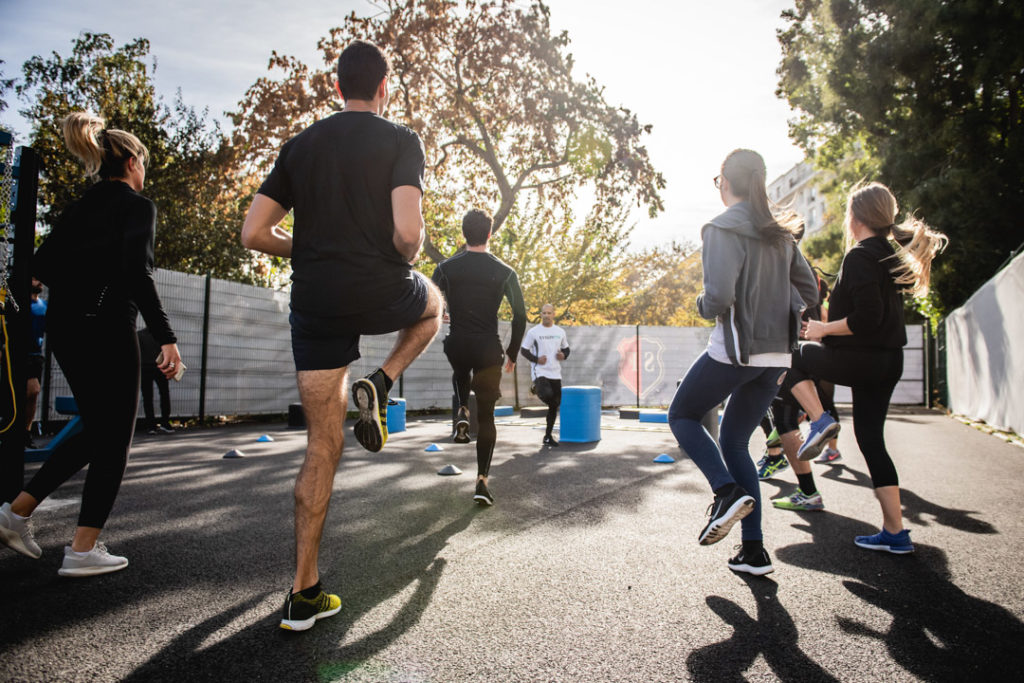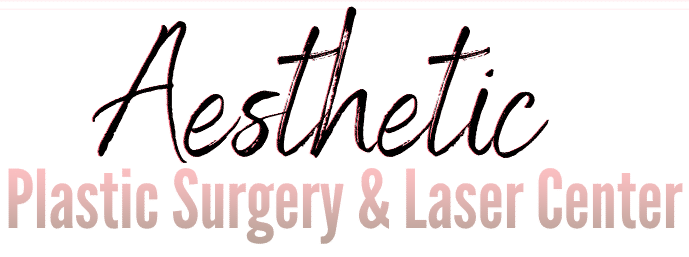With the rise in commonality of plastic surgery in recent years, more and more people have been aesthetically altering their appearance. It is important to remember that plastic surgery requires specific preparation and aftercare. Your plastic surgeon will provide you with specific instructions for your surgery, as they can vary depending on the procedure. There are some things that are common for any surgical procedure. Make sure to practice healthy habits before plastic surgery and after will help you be more comfortable and help your body heal. If you are curious about the process for preparing for plastic surgery, continue reading below.

How do I prepare my body for plastic surgery?
Stop Smoking
If you smoke, you should stop smoking at least 2 to 3 weeks before surgery. You should stop alcohol consumption at least 72 hours prior to surgery. Do not take aspirin, or any nonsteroidal anti-inflammatory medication, 2 weeks prior to surgery as well, as this medication can thin the blood and increase chances of excessive bleeding.

Eat Healthy
Before plastic surgery, eat a healthy diet with plenty of fruits and vegetables. As well, it can be helpful to prepare easy and nutritious meals to keep in the fridge or freezer for after your surgery. This will make it easier for yourself after surgery. A healthy diet is sufficient preparation. There are some herbal medications to avoid. Your surgeon will provide you with a list that includes specific medication.

Be Mentally Prepared
Before surgery, it is important to mentally prepare yourself. Ask your surgeon questions and follow the instructions of your plastic surgeon carefully. They will direct you to what’s best for your body. May surgeons suggest showering with an antibacterial soap such as Hibiclens prior to surgery.

What should I do after plastic surgery?
The recovery time and restrictions can vary with the surgical procedure. Follow the instructions given to you by your surgeon to optimize your results. Your plastic surgeon will be in contact with you before and after the surgery, to ensure the best recovery. As well, it is important to have realistic expectations about surgery. It can take months to see the final results, as your body needs time to fully heal. Your plastic surgeon should be clear and upfront about the results you can expect from surgery. As well, make sure you are comfortable with the surgery you are getting, and that this decision is what’s best for you, not what other people want.
Always speak up if you have any questions; your surgeon will be happy to answer them. You may feel somewhat “blue” after surgery, and it may take some time to adjust to your body after surgery. This is completely normal; however, let your surgeon and your primary care physician know if these feelings persist or get worse.
Following The Aftercare Instructions Given By Your Surgeon Will Optimize Your Results

What you do after plastic surgery is equally important as your preparation before. The most important thing after surgery is to follow your surgeon’s instructions. This will ensure that you have the best outcomes after surgery. Many surgical procedures are outpatient, meaning that if you are stable, you can return home the same day as surgery. It is important to have someone to pick you up on time after surgery. If your surgeon advises having someone as a caretaker after surgery, be sure to make arrangements in advance, as well as to arrange care for those you may care for, such as children or parents. As well, prepare your home for your recovery prior to surgery. Put commonly used items in a place where they are easily reachable. Plan meals ahead of time, to help make your recovery process as stress free as possible. Limit your sodium intake, drink lots of water, and avoid overly processed foods. Make sure you have enough space to easily walk around after surgery.
What is the most difficult plastic surgery procedure?
This is a commonly asked question. The healing process and procedure varies from patient to patient and procedure. Your body will take more time to heal if the procedure is more invasive. There are many minimally invasive procedures (link to other article I wrote about these) that will alter the appearance with less recovery time than an invasive surgical procedure.
Surgical procedures will require a longer recovery time than non-surgical aesthetic procedures. To make the recovery process as easy as possible, make sure to follow your surgeon’s instructions carefully before and after surgery. It is important to have realistic expectations following surgery. The final results from a procedure may not be visible for months, as your body needs time to heal. Swelling will be present after surgery as well.
If you have any questions, do not hesitate to reach out to your surgeon. Dr. Michelle Hardaway and her office staff are there to answer any questions you may have throughout all parts of the process.


 Breast Augmentation
Breast Augmentation